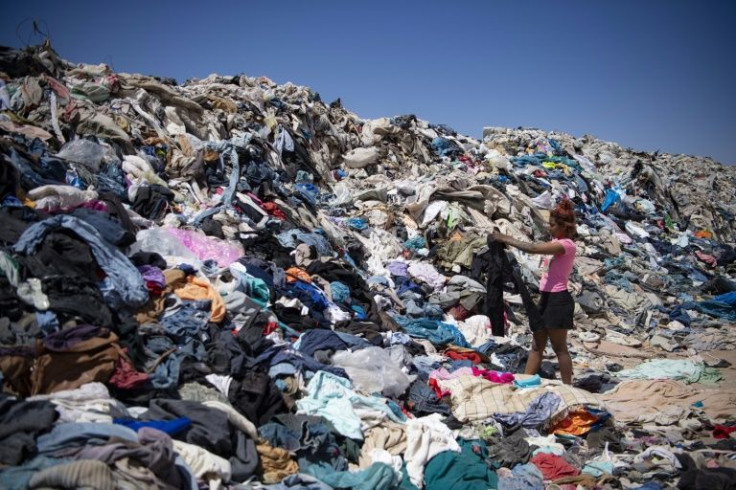Climate Change News: EU Introduces Measures To Change How Products Are Manufactured, Designed
The European Union plans to change the way products are manufactured and designed in and for Europe with sustainability, benefits to consumers, and climate neutrality in mind.
Dubbed the "Circular Economy Action Plan," the goal is to increase the lifecycle of products that in certain cases fail after a certain period, making them reusable or long-lasting and easy to repair.
The plan hopes to break rather than follow the purchase-to-garbage pipeline as much as possible.
“The new Action Plan aims to make our economy fit for a green future, strengthen our competitiveness while protecting the environment, and give new rights to consumers,” a European Commission press release on the matter reads.
It's time to end the "take, make, break, and throw-away" model — harmful to our planet, health and economy.
European Commission __ (@EU_Commission) March 30, 2022
We propose new rules to make physical goods on the EU market more environmental-friendly, circular, and energy-efficient.
Find out more in a thread ↓
#EUGreenDeal pic.twitter.com/vHPwqYU2sS
Under the plan, the EU will restrict single-use items as much as possible and unsold items will not be destroyed. The plan also hopes to help consumers by making producers disclose how long the product will last and its reparability to help make green choices about product purchases.
Frans Timmermans, executive vice-president for the European Green Deal, said that “to achieve climate-neutrality by 2050, to preserve our natural environment, and to strengthen our economic competitiveness, requires a fully circular economy.”
The European Commission (EC) also created different plans for specific industries including electronics and ICT, batteries and vehicles, packaging, plastics, textiles, construction and building and food.
Ensuring less waste is also a key point in the plan, which will help transition the European economy to rely on secondary raw materials. According to Timmermans, only around 12% of secondary materials and resources are brought back into the European economy.
The EC also hopes to make a Europe-wide plan for separate collection of waste and labeling and eliminate the transfer of waste abroad, often to areas in the Pacific and South Asia.
Virginijus Sinkevicius, the commissioner for the environment, oceans, and fisheries, said the plan offers “decisive action to change the top of the sustainability chain – product design.”
Sinkevicius hopes that the circular economy model will create business and job opportunities, give more rights to European consumers, help with digitalization and innovation and “just like nature, make sure that nothing is wasted.”

© Copyright IBTimes 2025. All rights reserved.






















